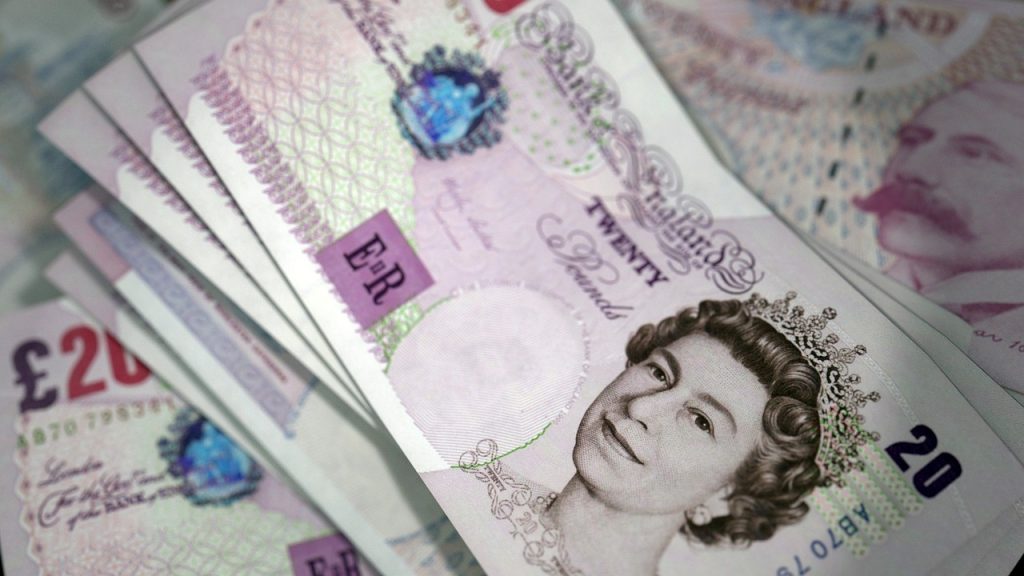The UK government has announced a series of new measures aimed at reducing tax avoidance, with the potential to recover up to £6.5 billion by 2029. By strengthening HMRC’s authority, officials hope to clamp down on those exploiting the tax system and recover outstanding taxes.
A key focus of the initiative is placing greater oversight on business owners’ tax submissions, and in the longer term, the government may even move towards making certain types of tax avoidance a criminal offence. Tax avoidance involves using legal methods to minimise the amount of tax owed, often by taking advantage of gaps or inconsistencies in the law. It is important to distinguish this from tax evasion, which is illegal and occurs when individuals or businesses deliberately misrepresent their financial affairs to reduce their tax liability.
During the Spring Statement, Chancellor Rachel Reeves outlined a commitment to invest further in modern technologies, bolster HMRC’s resources to tackle tax avoidance, and increase the number of tax fraud prosecutions by 20% annually. The government’s strategy is based on three main pillars: making it harder to engage in tax avoidance; boosting enforcement efforts to catch offenders; and strengthening penalties to deter potential tax avoiders.
Making it harder to engage in tax avoidance
The government plans to close commonly exploited loopholes and pursue the individuals promoting tax avoidance schemes. The Chancellor emphasized that at a time when ordinary workers are diligently paying taxes while managing rising living costs, it is unfair for others to avoid their obligations.
One of the first steps will be refining the language in tax legislation to eliminate ambiguities and make the rules less open to manipulation. HMRC will also intensify its scrutiny of businesses that employ aggressive or overly technical interpretations of tax laws. Greater attention will be paid to intricate financial structures that could conceal tax liabilities. The revised approach will focus on interpreting the spirit and intent behind tax laws, rather than relying solely on the exact wording.
Boosting enforcement efforts to catch offenders
To strengthen enforcement, the government has committed to hiring 5,000 new HMRC compliance officers and 1,800 debt collectors, as revealed in the Autumn Budget. These reinforcements will help pursue individuals who intentionally underpay taxes. There are also plans to extend HMRC’s investigative powers, aided by artificial intelligence and sophisticated data analysis tools to better detect suspicious tax behaviour.
Additionally, a whistleblower program will be introduced, allowing individuals to report suspected tax fraud. Informants could be rewarded with a share of any recovered taxes, though the specific compensation model is yet to be determined.
Strengthening penalties to deter potential tax avoiders
Efforts to discourage tax avoidance include empowering HMRC to more effectively shut down tax avoidance schemes and impose tougher penalties on those who attempt to game the system. Currently, HMRC can issue ‘stop notices’ to promoters of avoidance schemes, compelling them to cease operations or face heavy fines. However, some promoters have circumvented this by rebranding schemes under new identities — a practice known as ‘phoenixing.’
To address this loophole, the government is considering the introduction of ‘universal stop notices’, which would target individuals behind the schemes directly, rather than just the schemes themselves. Persistent offenders could then face criminal charges. Furthermore, the introduction of ‘promoter action notices’ is being proposed, which would apply to third parties such as banks, recruitment agencies, and advertisers that have facilitated services for those under a universal stop notice.
If you have any concerns about these new measures, or want to double check your tax liabilities, contact one of our accountants today.




